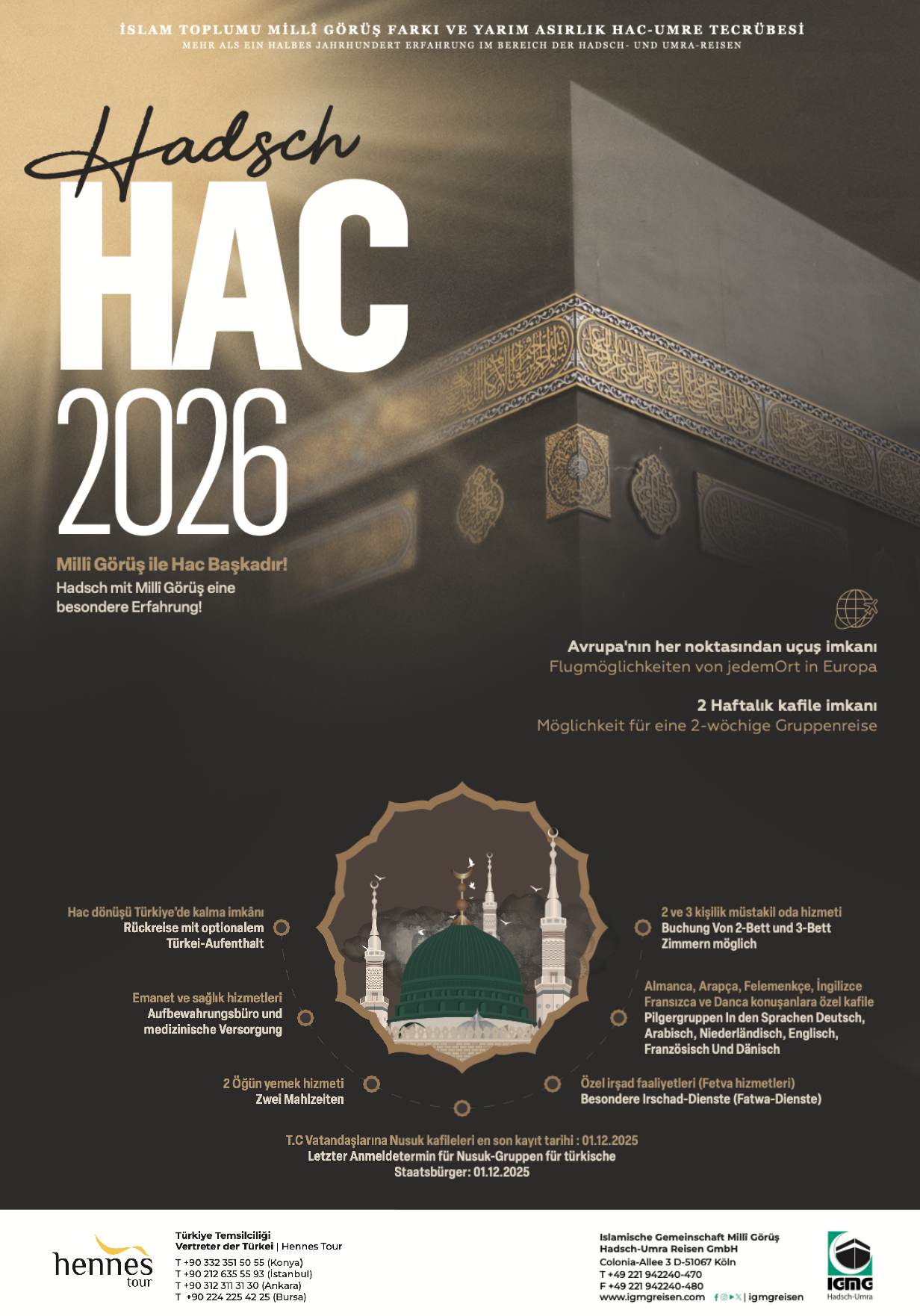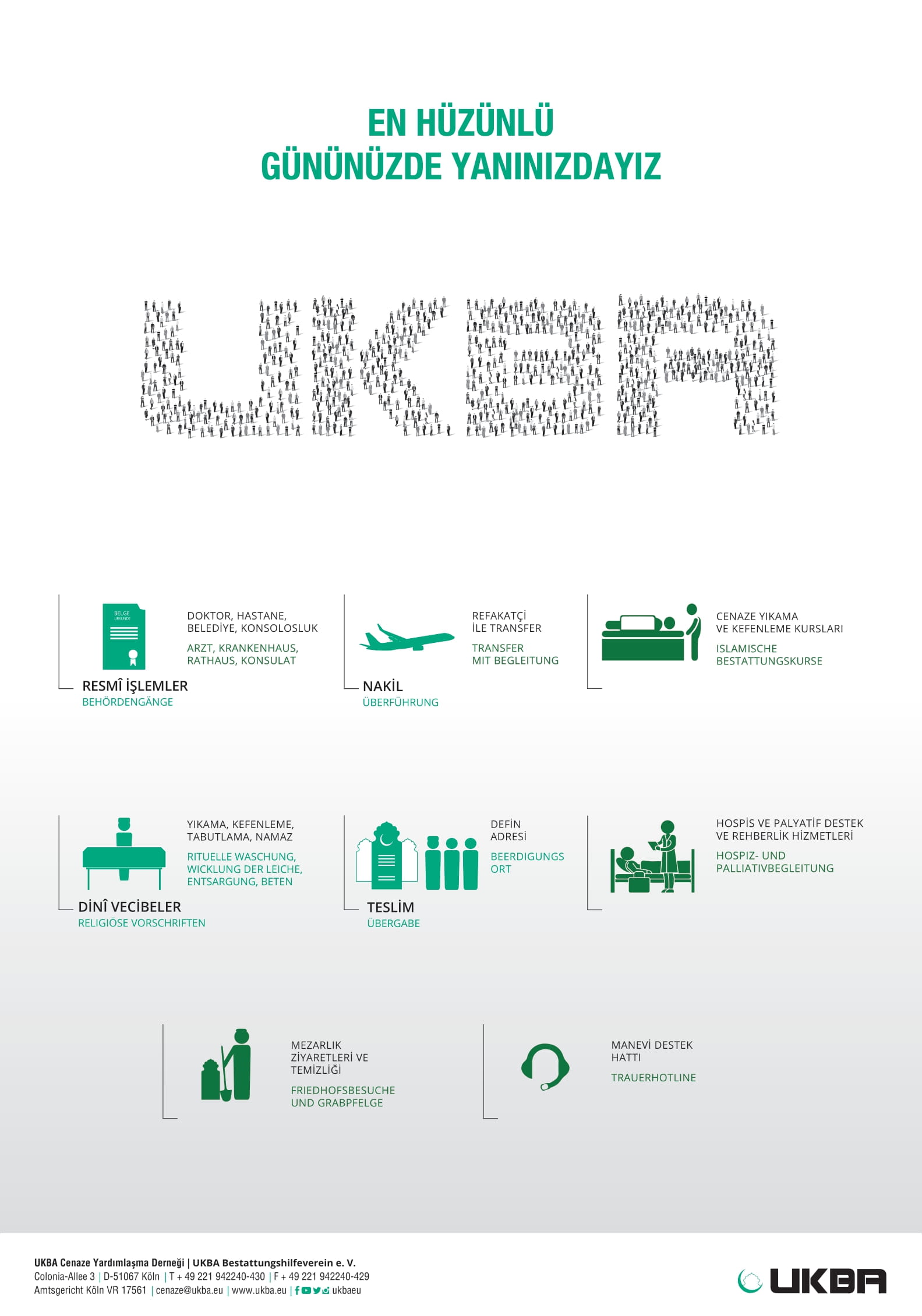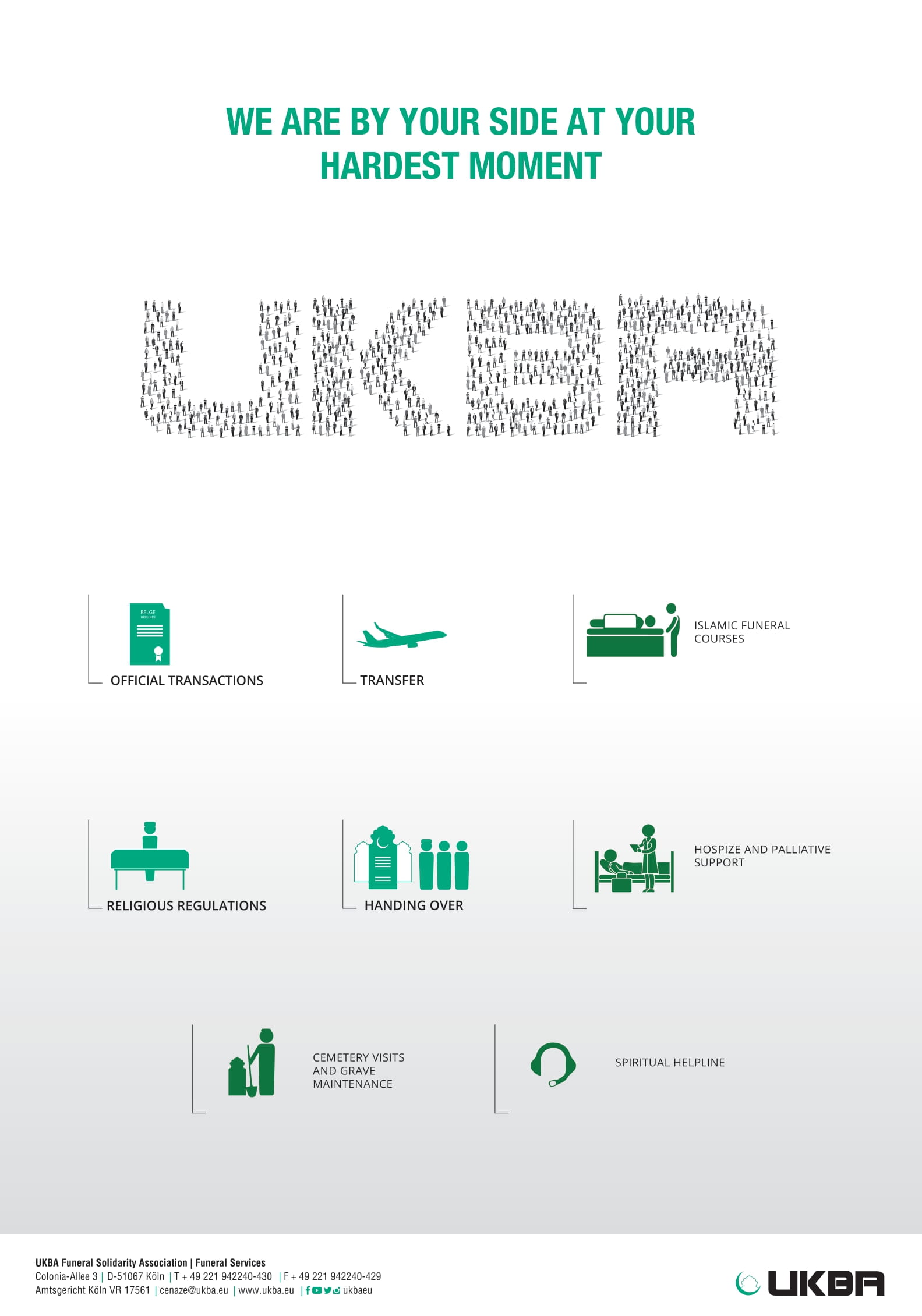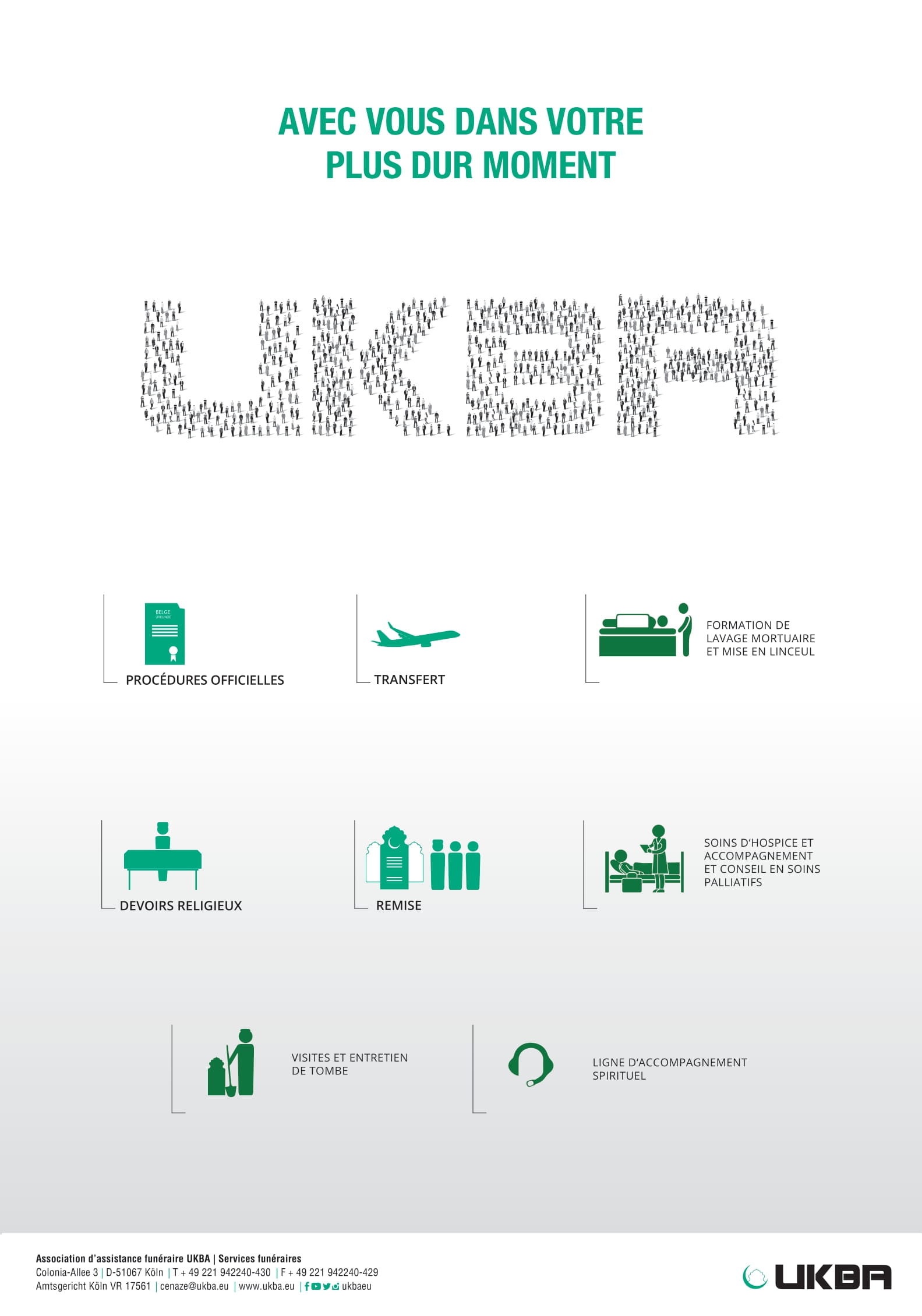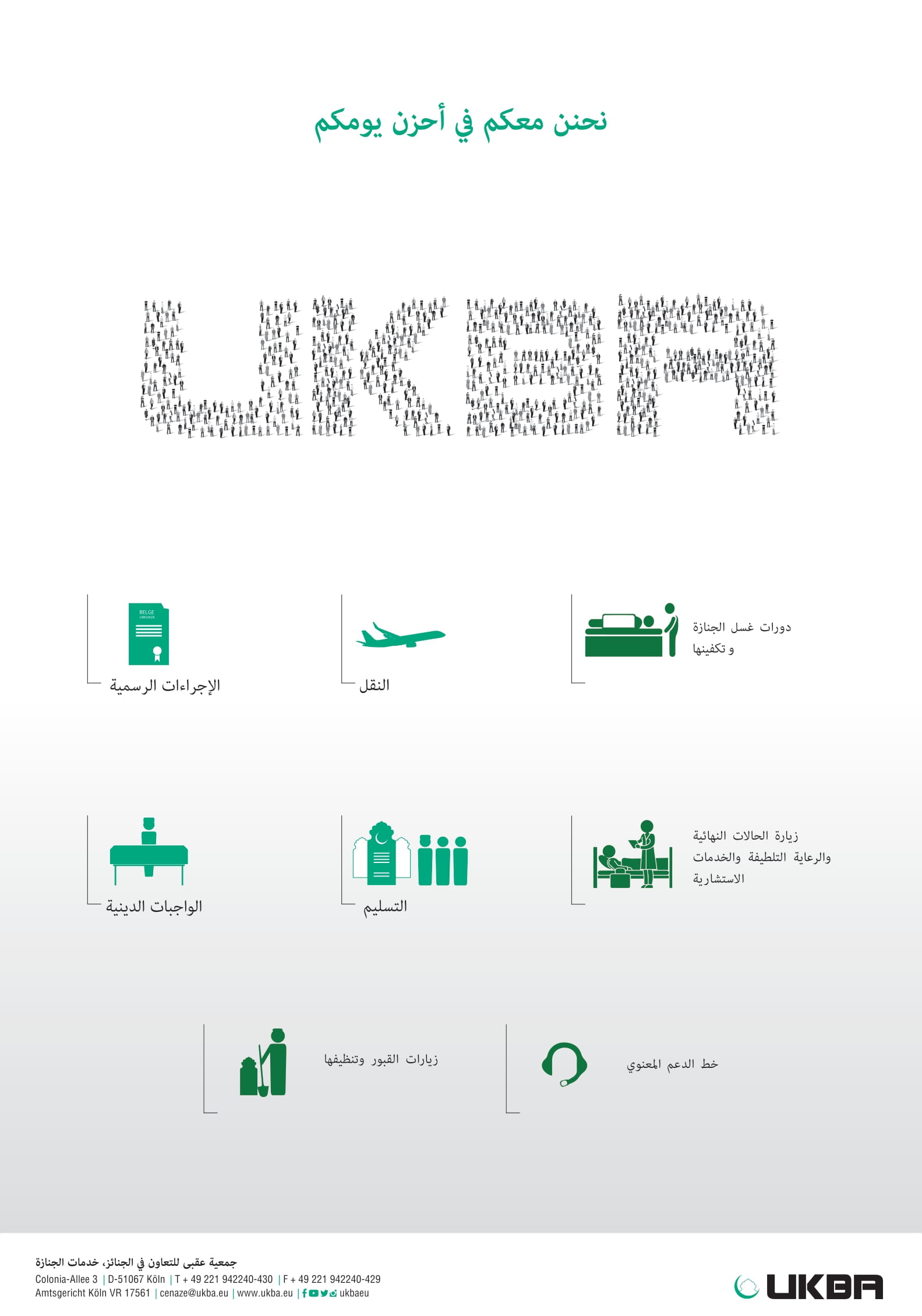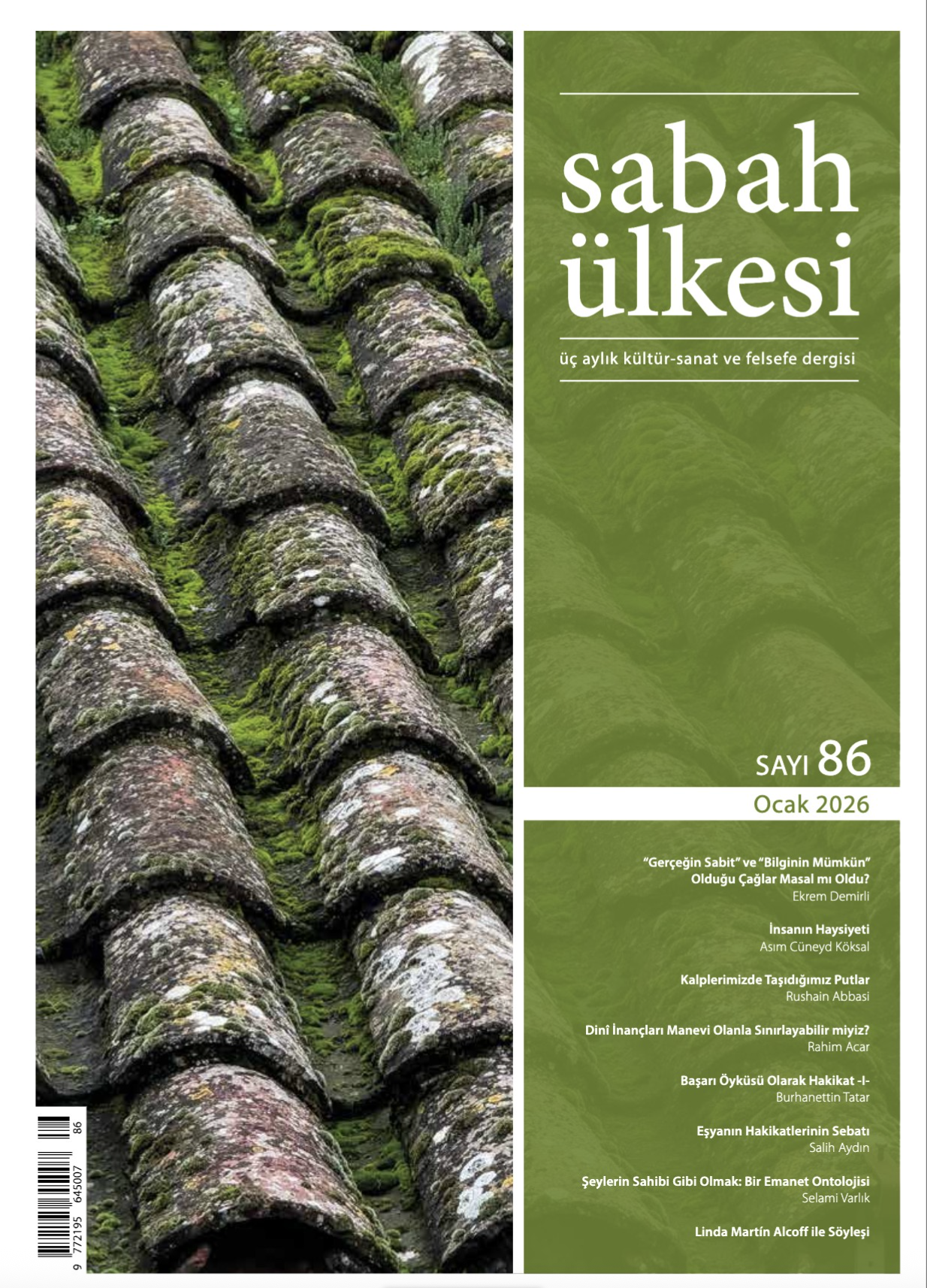Friday Khutba
Addictions: The Disease That Enslaves Human Will
25. September 2025
Dear Brothers and Sisters!
Allah (swt) created humankind in a pure nature and granted them intellect, will and the freedom to choose. Thanks to these great blessings, humans have the ability to distinguish right from wrong and what is beneficial from what is harmful. However, Shaytan and the Nafs set various traps that make it difficult for a person to distinguish right from wrong. One of these ways is through addictions. Addiction is a chain that enslaves a person’s will, dulls the heart and numbs the mind. Drugs, alcohol, cigarettes, gambling and similar harmful habits wear a person down both physically and spiritually. Yet, our body does not truly belong to us; it is a trust (amanah) from Allah (swt). Misusing this trust, poisoning it with smoking, intoxicating it with alcohol or corrupting it with drugs, is a betrayal of that trust.
Dear Brothers and Sisters!
Addiction is not limited to substances alone. In our age, it appears in other forms as well. Digital addiction causes people to waste their most valuable time. According to research, people spend an average of 6–7 hours a day in front of screens. This addiction also weakens family communication, reduces affection, prevents spouses from spending time together and distances children from their parents. Moreover, all kinds of indecent content become normalised on these platforms and morality is undermined. Scrolling through videos for hours, browsing and killing time with useless content is not befitting the dignity of a Muslim. Of course, Muslims do not reject technology. They see it as a blessing and use it for good and beneficial purposes. Another form of addiction is “sport fanaticism.” Sometimes, Muslims, consciously or unconsciously, even forget their salah, becoming part of this fanaticism.
Those who spend hours in front of screens find a few minutes in sujood (prostration) too much. Sadly, many of us have begun to schedule our worship according to a football match, a TV series, a movie or even news. Yet, salah and ibadah should take precedence over all other matters, they must come first. A believer’s time should be shaped not by the screen but by the Adhan. All of this shows that humankind has submitted to the desires of the Nafs. Allah (swt) says: “Have you seen the one who takes his own desires as his god? Allah has left him astray because He knows him; He has sealed his hearing and heart, and put a cover over his eyes. Who, then, can guide him besides Allah? Will you not then take heed?”[1]
Dear Jama’ah!
Here is the most concise expression of the state to which addictions lead a person: Making the Nafs a God! Cigarettes, alcohol, gambling, drugs, television, phones, social media, football and other addictions… A person enslaved by these has become a servant of their own desires and lost their freedom. True freedom, however, is to be a servant of Allah. Our Prophet (saw) commanded moderation even in acts of worship. Warning his companion Abdullah b. Amr, he said: “O Abdullah! It has reached me that you fast during the day and pray at night. Do not do this! For your body has a right over you, your eyes have a right over you, and your spouse has a right over you.”[2]
While excess is not acceptable even in worship, think again of how great a disaster it is to waste time. Therefore, let us strive to protect ourselves, our children and our families from all forms of addiction. Let us not cut communication with our addicted brothers and sisters in our families and communities who need treatment. If necessary, let us help them overcome their addictions by seeking assistance from addiction treatment centres or relevant institutions. I conclude my khutba with the verse in which Allah (swt) describes the qualities of a believer: “They turn away from vain and useless pursuits.”[3]
May Allah (swt) make us believers who protect His trust, are moderate, dependent upon Him, free from other addictions and turn away from useless matters. Ameen.
[1] Surah Al-Jathiyah, 45:23
[2] Müslim, Sıyâm, 193
[3] Surah Al-Mu’minun, 23:3
Khutba – English
Khutba – Turkish
Khutba – German
Khutba – Arabic
Khutba – French
Khutba – Dutch







